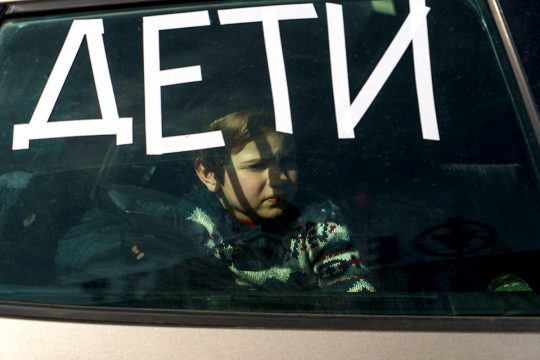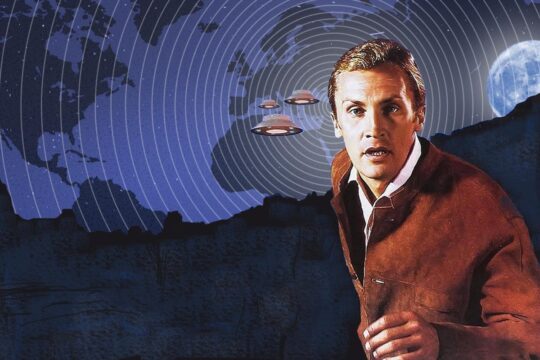The International Criminal Court on Friday announced it had issued an arrest warrant against Russian President Vladimir Putin for the "unlawful deportation" of Ukrainian children.
The Hague-based ICC said it had also issued a warrant against Maria Lvova-Belova, Russia's presidential commissioner for children's rights, on similar charges.
Russia is not a member of the ICC. It was unclear how the ICC planned to enforce the warrant.
"Today, pre-Trial Chamber II of the International Criminal Court issued warrants of arrest for two individuals in the context of the situation in Ukraine: Mr Vladimir Vladimirovich Putin and Ms Maria Alekseyevna Lvova-Belova," the ICC said in a statement.
Putin "is allegedly responsible for the war crime of unlawful deportation of population (children) and that of unlawful transfer of population (children) from occupied areas of Ukraine to the Russian Federation."
The ICC said the crimes dated from February 24, 2022, when Russia invaded Ukraine.
"There are reasonable grounds to believe that Mr Putin bears individual criminal responsibility for the aforementioned crimes," it said.
Putin was allegedly responsible both directly by committing the acts and for "failure to exercise control properly over civilian and military subordinates who committed the acts, or allowed for their commission."
The arrest warrants are being kept secret to protect victims and witnesses, it said.
The ICC is a court of last resort for crimes that countries cannot or will not prosecute war crimes and crimes against humanity.
ICC prosecutor Karim Khan launched an investigation into alleged war crimes and crimes against humanity in Ukraine just days after Russia's invasion.
'Spoils of war'
Khan said earlier this month after a visit to Ukraine that the alleged abductions of children "are being investigated by my office as a priority".
"Children cannot be treated as the spoils of war," he said in a statement on March 7.
Posting a picture of himself alongside empty cots, Khan said he had visited a care home for children in southern Ukraine that was "empty, a result of alleged deportation of children from Ukraine to the Russian Federation" or other occupied areas.
Khan also confirmed that the ICC was investigating attacks on "critical civilian infrastructure" in Ukraine and that he had visited the sites of several such strikes.
Along with Ukraine's prosecutor general "we underlined our collective commitment to ensure that such acts are fully investigated and those responsible for alleged international crimes held to account," he added.
The ICC prosecutor added in the statement that he had a "sense that the momentum towards justice is accelerating."
Khan has previously described Ukraine as a "crime scene", and has also visited the town of Bucha where AFP journalists saw at least 20 bodies lying in a street.
Neither Russia nor Ukraine are members of the ICC, but Kyiv has accepted the court's jurisdiction and is working with Khan's office.
Russia denies allegations of war crimes by its troops. Experts have said it is unlikely it would ever hand over any suspects.
Russia's reaction
Moscow dismissed decisions by the International Criminal Court on Friday as having "no meaning" for Russia, after The Hague-based court issued an arrest warrant for President Vladimir Putin.
"The decisions of the International Criminal Court have no meaning for our country, including from a legal point of view," Russian foreign ministry spokeswoman Maria Zakharova said on social media.
"Russia is not a party of the Rome Statute of the International Criminal Court and bears no obligations under it," she added.
"Russia does not cooperate with this body and possible 'recipes' for arrest coming from the international court will be legally void as far as we are concerned," she said without referring to Putin by name.
Russia is not a member of the ICC. It was unclear how the ICC planned to enforce the warrant.





